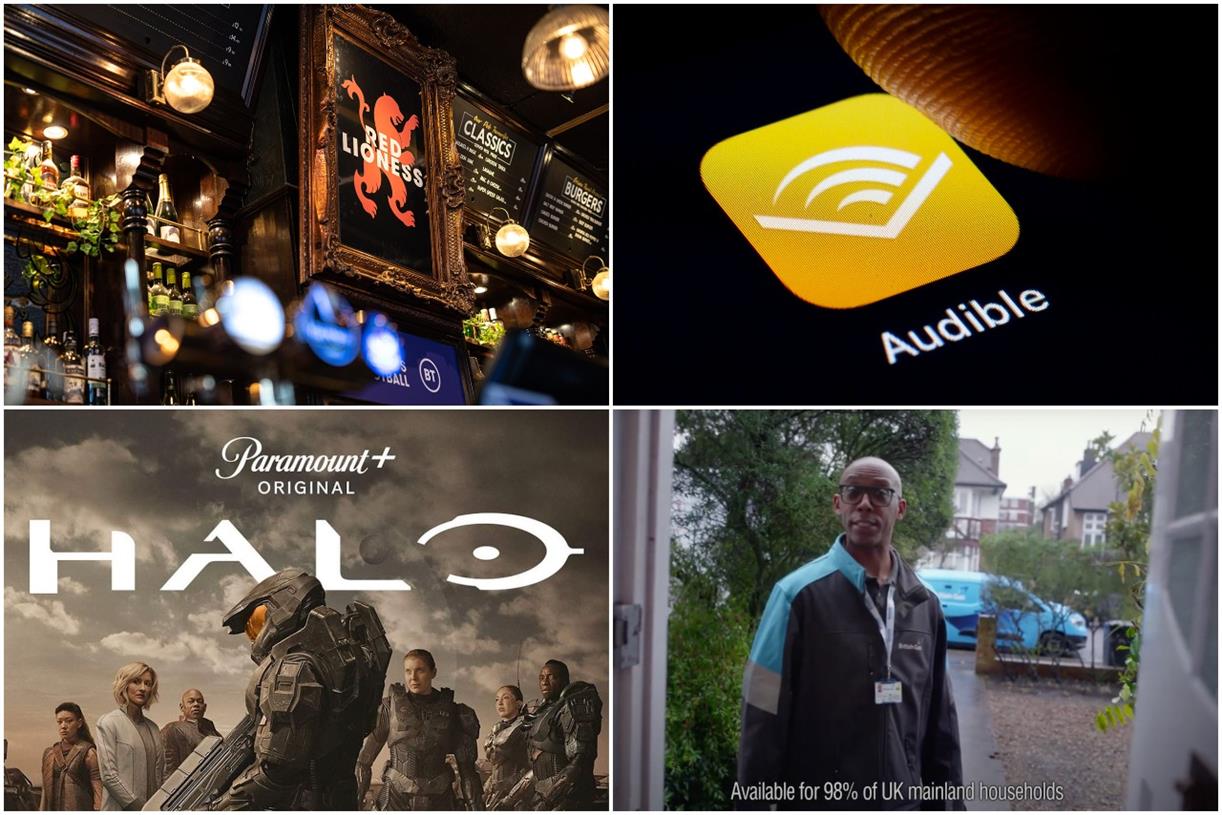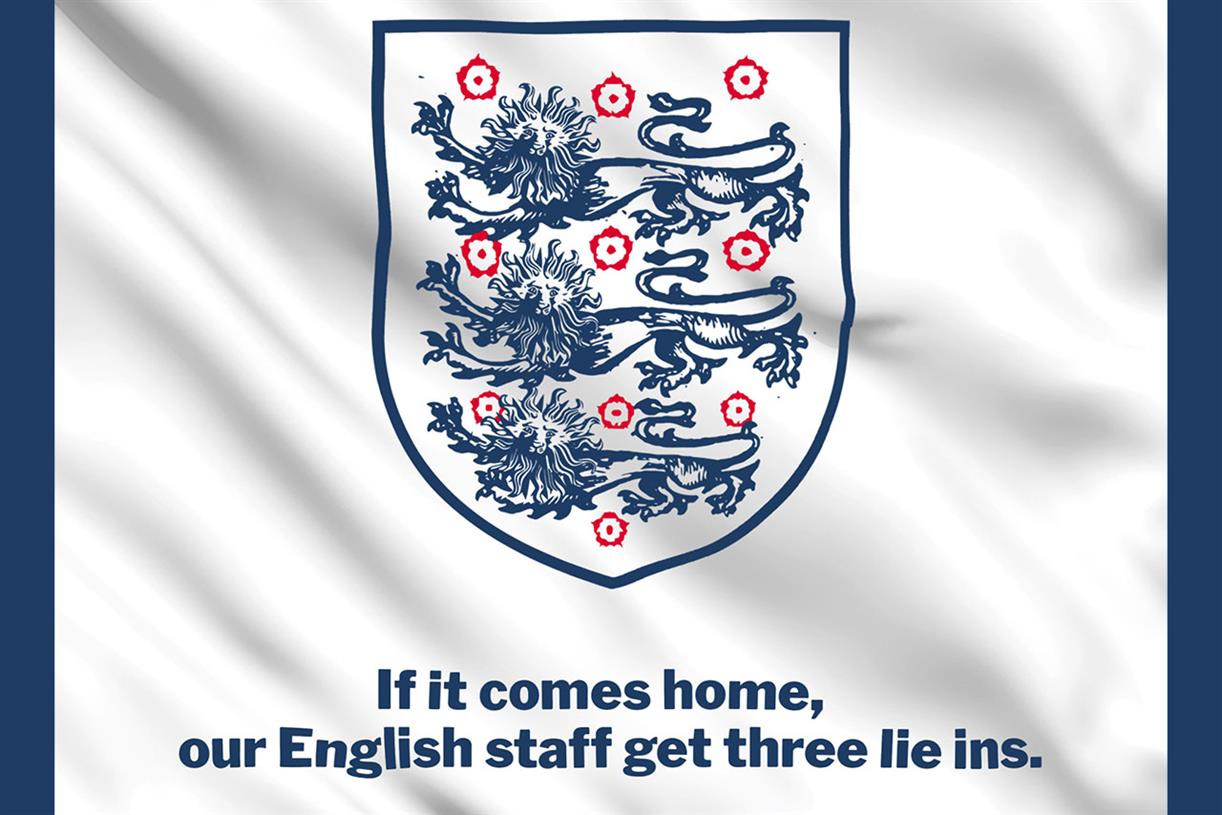5 Website Design Trends That Are Changing the Game in 2022
The internet is rapidly growing and continually evolving, making it challenging to keep up with the latest trends. Websites are a perfect example. Fifteen years ago, we could have never guessed the importance of building and designing a website...

The internet is rapidly growing and continually evolving, making it challenging to keep up with the latest trends. Websites are a perfect example.
Fifteen years ago, we could have never guessed the importance of building and designing a website for a business. Yet today, it is essential for a business’s success to keep up with trends and platforms.
If your priority is to gain and retain users to your site, you need to update and adapt to the latest web design trends to outperform and stand out from your competitors. To help you keep track of some of the latest trends in web design, we have compiled 5 of the latest and most popular.
Personalization
Personalization in web design is the concept of giving your site tailored experiences for each individual user. Personalization has always been an important concept in web design, but finding new and better ways to improve the user experience will become even more critical this year.
For example, as algorithms improve and become more sophisticated, they customize user experiences based on individual browsing data. Personalization is done using content stored in your CRM, based on user behavior, or even through an automated process (such as an email marketing campaign).
The goal is to make your customers feel special and give them an experience that meets their individual needs, and in 2022, that’s exactly what websites need to do to stay relevant.
Blockchain Technology
Blockchain technology is becoming much more mainstream this year. Blockchain allows information to be distributed but not copied, making it unique. This technology has implications for nearly every industry, and web design is no exception.
One of the most exciting opportunities for blockchain technology in web design is creating decentralized applications. These are applications that exist on the blockchain, usually meaning that they’re open-source and don’t require a server.
However, the idea of decentralized hosting and the computing power that comes with it should not be ignored as we move forward in the design space this year. There are many ways you can incorporate blockchain technologies into your design practices this year.
Fragmented Design
Fragmented designs are when graphic elements like imagery or typography are broken down into parts or fragments. These individual pieces of content are then re-arranged in an unusual way to create a unique look and feel. It can include overlapped elements, cutouts, shapes, etc.
This type of design has been a hot topic in the web design and development world for some time. Still, this is recently started gaining usability and popularity with the emergence of CSS Grid. When you design your site with fragmentation in mind, you are breaking up content into sections and providing users with different options to access them.
This gives the user an impression that there are many options, as they can see all the next pages simultaneously rather than wait for the whole page to load before seeing the next one.
This trend creates an eye-catching visual effect and generates a sense of curiosity among users about what is coming next and is an excellent way of increasing the time of contact they have with your content.
Micro-Interactions
In web design, micro-interactions are those small moments that give users feedback on the status of their actions. For example, when you click a button, it changes color or provides animation to show that you’ve completed an action.
Once you start thinking about it, you’ll notice these micro-interactions everywhere you go online, from Youtube to Spotify.
They are already being used widely online, but in 2022, they are becoming an absolute necessity for websites to have due to the simple fact that they make your content much more fun and friendly and show that you have high attention to detail in your development.
3D Elements
This trend is especially applicable for anyone with an eCommerce store or hopes to sell something online. With 3D modeling software, you can transform almost anything on your site into a 3D image or animation.
By incorporating more realistic images of your products, you can show off their true scale and shape and allow users to see all sides of the product.
This helps customers get a better idea of what they’re buying, which has increased conversion rates for online stores. In addition, 3D elements create a sense of depth and make it possible for users to interact with products in new ways. 3D product visualizations will get even more sophisticated with technological advances this year.
As a result, this trend will grow and make it even easier to incorporate 3D elements into your web design.
When you think about the sheer number of people working online right now, it’s no wonder that the world of web design is constantly changing and growing.
Many employees that would typically be working in their offices have had to adapt and work digitally in the last two years, significantly increasing the overall traffic to online businesses. This is emphasized by how freelancer platforms have exploded in web design this year, as people work with developers to vie for the attention of these many new eyes working remotely.
The number of freelancers has grown dramatically in the last two years. To make your site stand out in this rapidly growing and changing environment, you must adapt to the latest trends.
Users will be more likely to stay on your website if you use elements that appeal to them, rather than leaving your website static or unchanged since two years ago. The world of web design is changing, and you need to change with it.

 Hollif
Hollif 
































